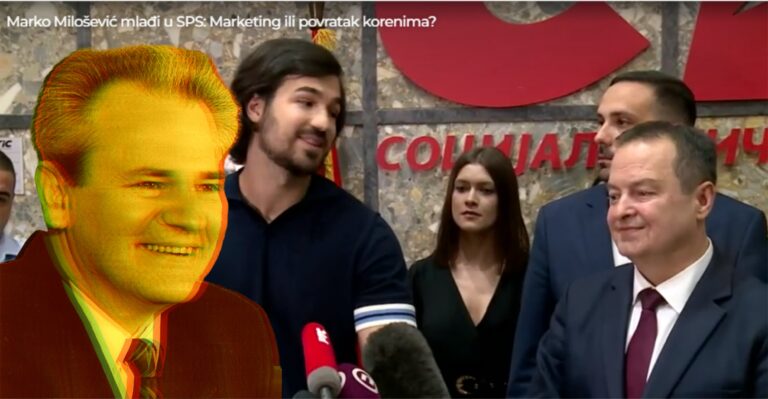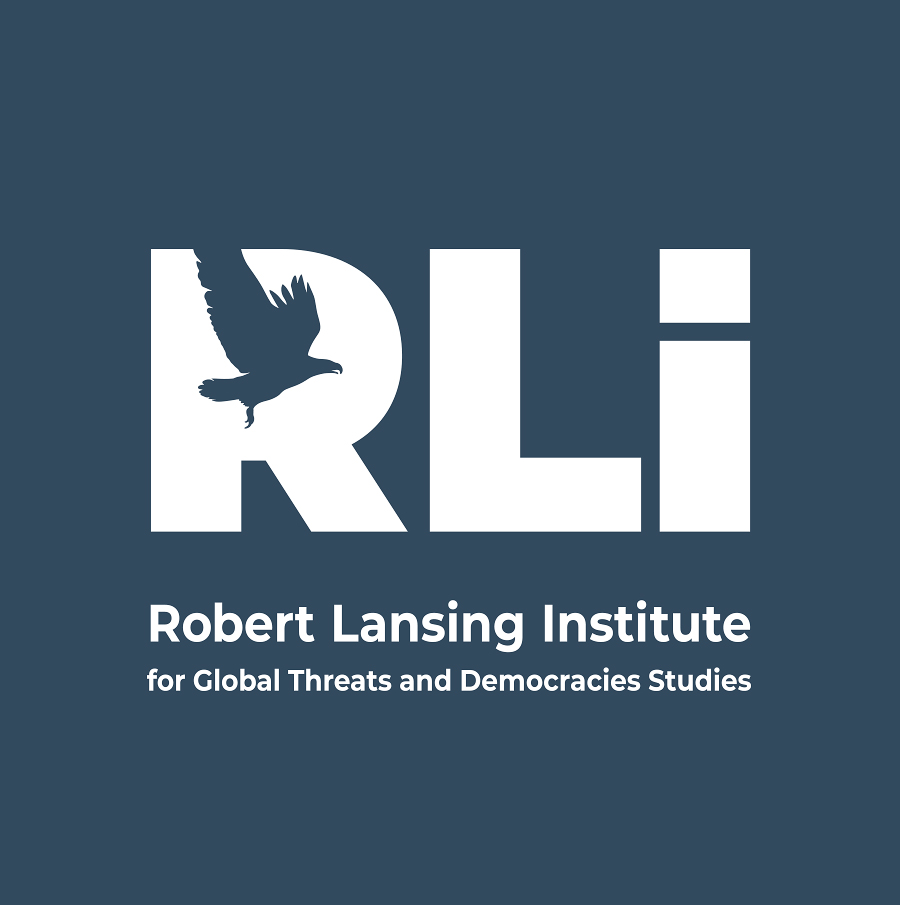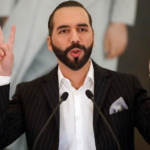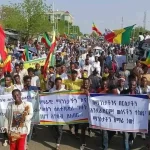Elections scheduled for December 17 in Serbia will not provide Serbian citizens with a European future as the candidates vying for power are merely recycled politicians and Slobodan Milosevic’s fascist policy inheritors.
Serbian President Aleksandar Vucic last week signed the decree for the dissolution of the Assembly, and thus sent his country to early parliamentary and local elections in Serbia, to be held on December 17. With the announcement of Serbia’s an early parliamentary election, Vucic hopes to reassert his political dominance while also buying time for dialogue with Kosovo and potential agreements that could lead to Kosovo’s de facto recognition following international pressure to resolve this issue. Latest deals of unsigned agreements are internationally binding according to Secretary of State Blinken and both countries must apply them.
He had warned of “threats from colour revolution”, which is the reason he has called for early elections. This action comes because of massive protests in Belgrade after the killing of minors in school shootout where Vucic was caught off-guard. But the opposition in Serbia is both weak and provides very little of a political alternative from Vucic when it comes to EU, Kosovo and relationship with NATO. These three subjects are kingmakers in Serbian politics. The failed attempt to oust Vucic from power through street protests across Serbia, strengthened his position both in parliament and local level. His “anti-small arms and light weapons campaign” was more of an electoral campaign with rallies and speeches of his own success than as a campaign in attempt to collect illegal weapons from the hands of civilians throughout the country. As the old saying goes, ´never let a crisis go to waste´, and certainly, Vucic utilized the shootout in the school for his own benefit.
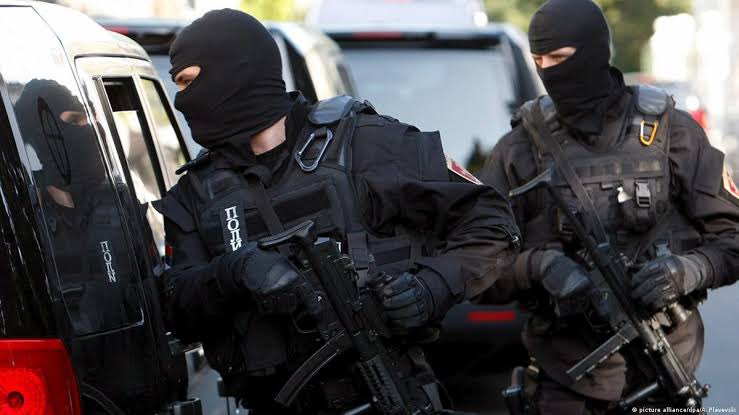
More on this story: Will gun violence trigger change in Serbia?
These are thought to be the most peculiar of the ten extraordinary early parliamentary elections that have taken place since 1990. This time, Vucic appears to be in a greater rush. Applying a short-term plan for roughly 17 days to get ready for the municipal and general elections, making it challenging for the opposition parties to plan a countermove. At the outset of the campaign, Vucic used nationalist rhetoric on Kosovo, telling his supporters that ‘Kosovo has always been and always will be a part of Serbia as stated in the Constitution’. On the other hand, the opposition parties have chosen to unite for the elections of December 17, under a platform called “Serbia against violence”, which is unlikely to receive many votes at the national level.
Vucic´s old allies of the far right, gathered around his party. Vucic has reached a pre-election coalition agreement at the local level with the Vojislav Seselj, war criminal known for his notorious hate speech, inciting violence and vulgarity and participating in war crimes in Bosnia and Kosovo. Vucic’s political godfather and mentor, president of the far-right Serbian Radical Party (SRS), Seselj was sentenced to 10 years in prison by the ICTY for war crimes. This means that practically the legacy of the criminal Slobodan Milosevic is coming back even stronger in Serbia.
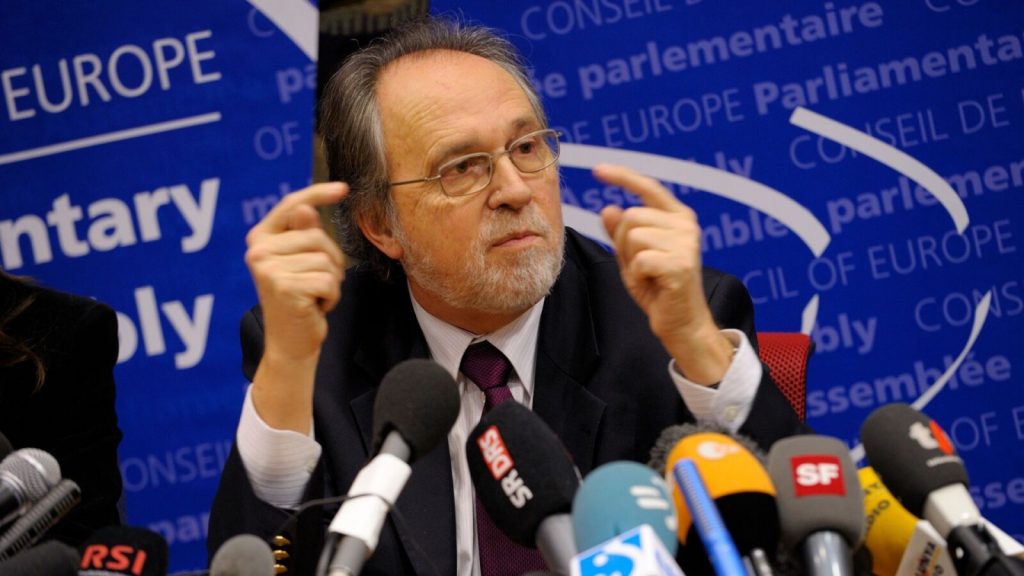
More on this story: From the ICTY to the Specialized Chambers: The KLA’s Journey through the Courts
Vucic is taking care not to lose any of the possible votes and supporters of Milosevic policies. A possible coalition at the national level, after the elections, is expected with the Socialist Party of Serbia (SPS), whose list is led by Ivica Dacic for prime minister. This has been declared by Dacic himself, claiming that he and Vucic agreed that, after the December elections, they would continue “successful cooperation in the interest of Serbia.” The Serbian Radical Party and the conflict are the origins of the Vucic-Dacic-Seselj links, respectively. Dacic represented then-President of Serbia Slobodan Milosevic as a spokesman throughout the 1990s Yugoslav conflicts. Because of his strong nationalist inclinations and close ties to Slobodan Milosevic, Dacic has frequently been referred to as “little Sloba”. Dacic invited the nephew of Slobodan Milosevic, Marko to continue his grandfather´s legacy in Socialist Party of Serbia placing him third in the list.
These elections in Serbia are expected to be determinant to next political moves. Vucic has been milking two cows on the Ukrainian crisis with playing a good guy with the west and nurturing Russian ties through his right-hand man Aleksandar Vulin who was formerly a minister of Defense and until the lately also head of the Intelligence Service. Vulin is known for his Russian links, often called Putin´s pawn in Balkans. He met with the Russian Minister of Defense despite Vucic pledging to side on the west side on Ukraine-Russia war.
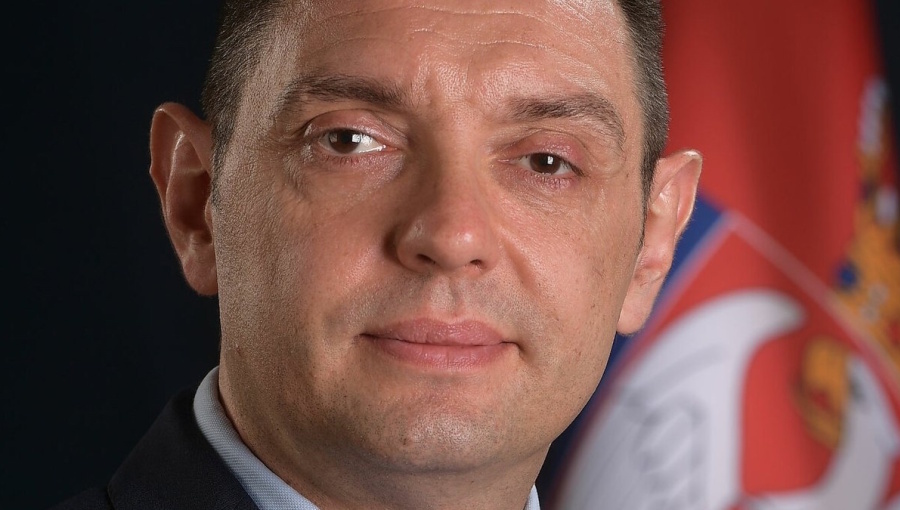
More on this story: The US sanctioning of Vulin sparks demand for new political leadership in Serbia
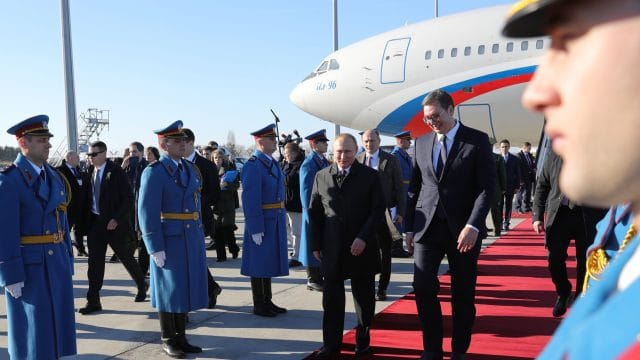
Another act characterizes these elections in Serbia. In September, a large group of uniformed men carried out a operation in the northern Kosovo where during the first attack, a Kosovo Police Officer was shot. Kosovo Police acted quickly and surrounded a group of around 80 men pushing them back towards the border with Serbia killing 4 of them and injuring an unconfirmed number. But, most importantly, Kosovo confiscated a large amount of evidence of this subversive operation against Kosovo that this was indeed a state sponsored operation. With the list of weapons published a week after the operation by Kosovo Police, one can see military grade rocket launchers and ammunition while disguised cars as NATO forces (KFOR), were registered under names of notorious criminal Radoicic blacklisted by the United States. Radoicic, identified on a video shot from a Kosovo Police drone, went public to claim this action as personal while the four dead uniformed men were treated as heroes in Serbia with highest government respect. Vucic managed to raise stakes in Serbia with another conflict over Kosovo again before elections on the 17 December to serve his narrative, which at the end, will only bring a possible change in the current Prime Minister Brnabic with Ivica Dacic. The coalition at the local level with the Serbian Radical party also sends a message to the EU that Vucic is capable of reverting the Serbian state’s policies backwards to look at the decades old wars when it suits him for elections while committing to European agenda publically. The real question is- why should EU trust him?
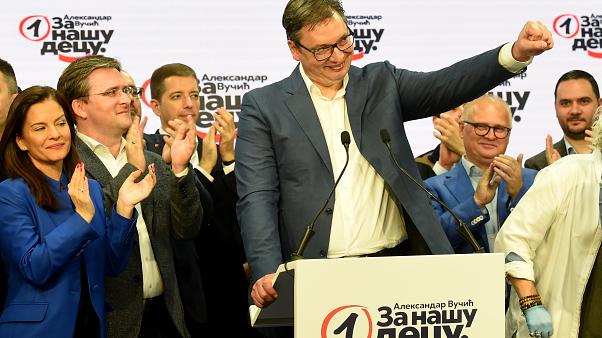
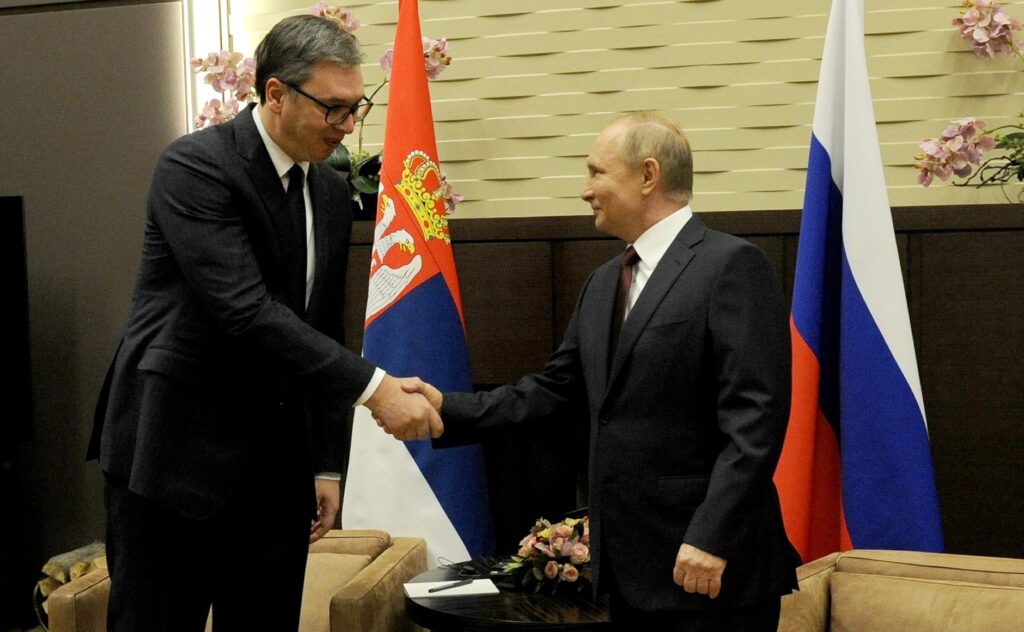
More on this story: Sanctions should be imposed if Serbia continues its flirt with Russia


